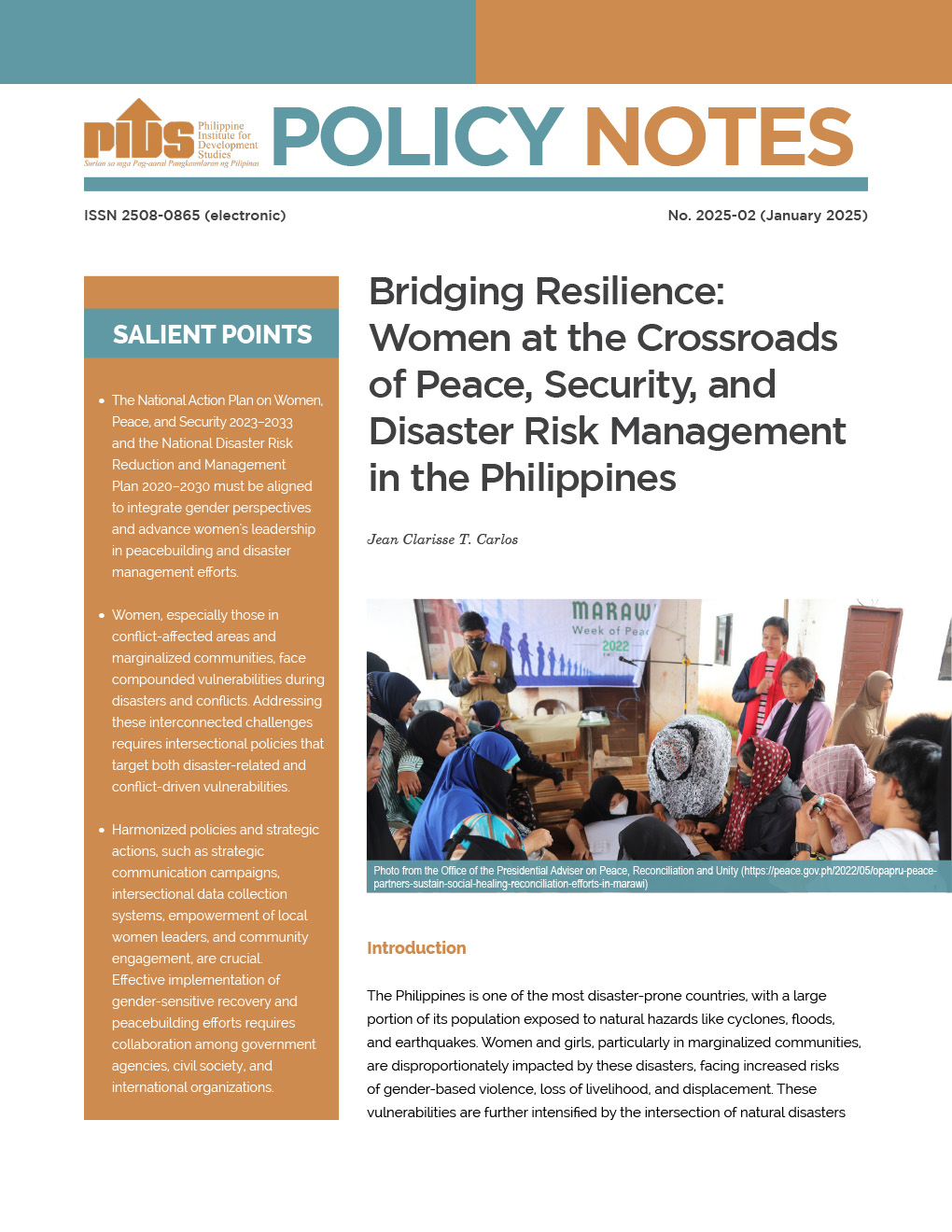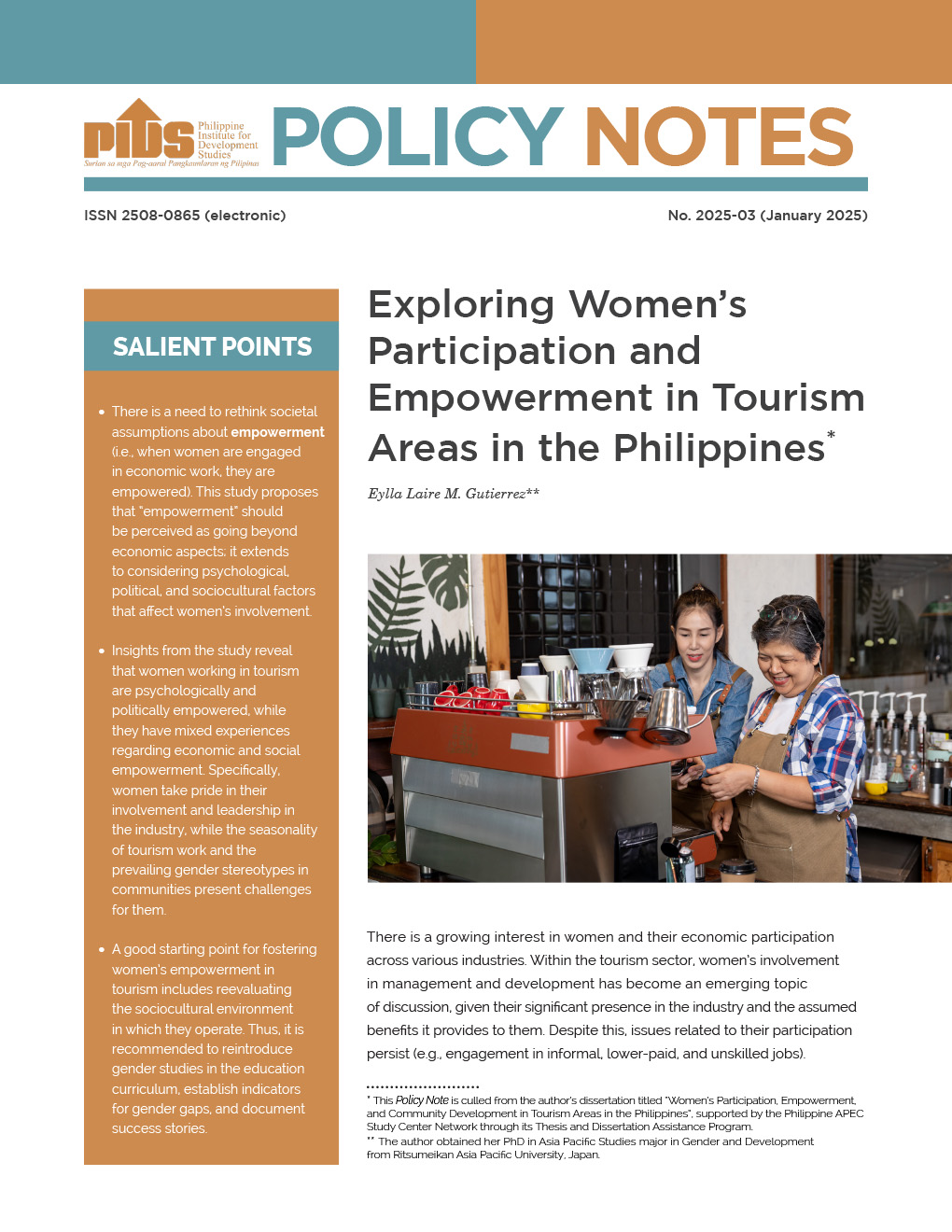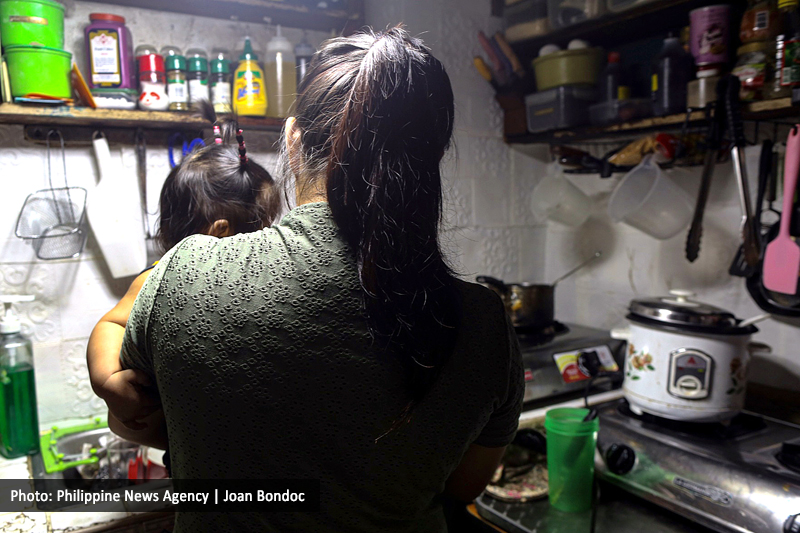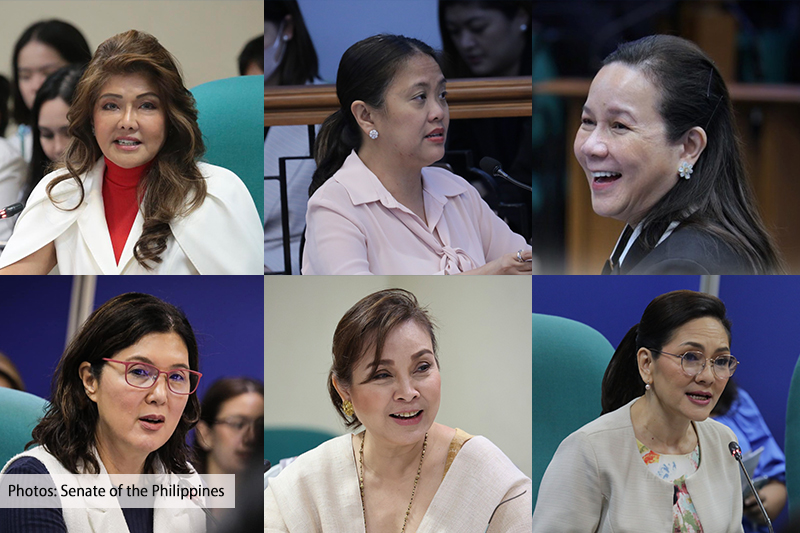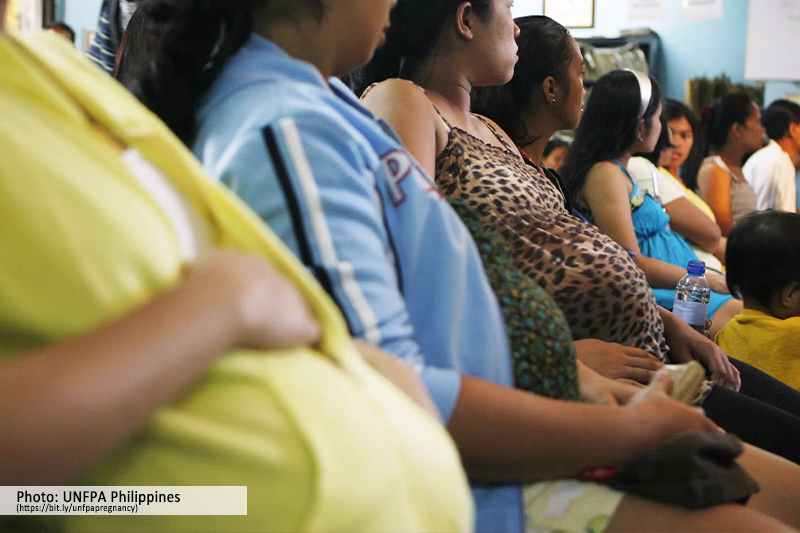Women are tough on women. Midea reported to Florence that the latter’s partner Art was betting with other “trisikad” (bicycle with a sidecar for hire) drivers at Barangay Hipodromo.
Upset, Florence berated Art in the “trisikad” queue. In the sideline, Midea gossiped about the family’s financial and marital troubles confided to her by Florence.
Deeply ingrained values are internalized and perpetuated by women against their fellow women. This was the interpretation of Nathalie Africa-Verceles of findings from the United Nations Development Programme’s (UNDP) 2023 Gender Social Norms Index (GSNI), the Rappler reported on June 20, 2023.
Verceles is a professor at the Department of Women and Development Studies of the University of the Philippines (UP) Diliman and former director of the UP Center for Women’s and Gender Studies.
According to the GSNI, 99.67 percent of Filipino women held biases against their own gender. This translates to nine out of 10 Filipinos holding biases against women.
Even on matters concerning intimate partner violence and reproductive rights, 92.5 percent of women and 93.16 percent of men are biased against women, claiming that it is justifiable for a man to beat a woman and that abortion is never justified.
In a June 20, 2023 Rappler article uploaded on the website of the Philippine Institute for Development Studies (PIDS), Verceles said that the biases held by Filipinas against fellow Filipinas come from the internalization of gender norms perpetuated by religion and politics.
A 2015 report from the PIDS determined that the culture of patriarchy is transmitted through “colonization and Church indoctrination.”
Although the Philippines is one of the most gender-neutral of nations, based on the World Economic Forum’s Global Gender Gap report, Verceles said that gender biases should urge all stakeholders to continue raising awareness and educating citizens about gender sensitivity.
The Philippines commemorates March as Women’s Month and March 8 as International Women’s Day.
The GSNI highlights that sexism is less pronounced in education. Verceles explains that in education, women have established a track record of accomplishments, even in fields where men excel, such as technology.
Formal education is crucial for enhancing the potentials of girls and women and opening opportunities in the actualization of their talents and resources, accomplishing their goals, and securing a better future for them and their children.
On the other hand, deeply ingrained biases, such as the perception that men are the breadwinners, often stand in the way of girls and women to have access to education.
In families where resources are scarce, a male sibling may be prioritized over female siblings to continue their studies because of the perception that men can earn more.
Not just parents but employers and investors should provide equal opportunities for women through jobs, promotions, micro finance, trainings, and workplace facilities for breastfeeding, expressing and storing breast milk, and child minding.
Women work in the informal sector to better balance family and work responsibilities, reported Rappler in the same article. A 2022 Philippine Commission on Women established that women are mostly found in home enterprises, contractual work, and the informal sector, where there is little or no security and social benefits.
Recruitment heads balk at hiring a female worker when there are male applicants because the former is perceived to be less productive and reliable. Wives and mothers supposedly resort to absences when a child is sick or her husband demands she stops working to take care of children.
Understanding better than anyone the challenges and complications facing other women, women bosses and administrators must ensure that the laws for gender fairness and support for women are in place in their institutions.

